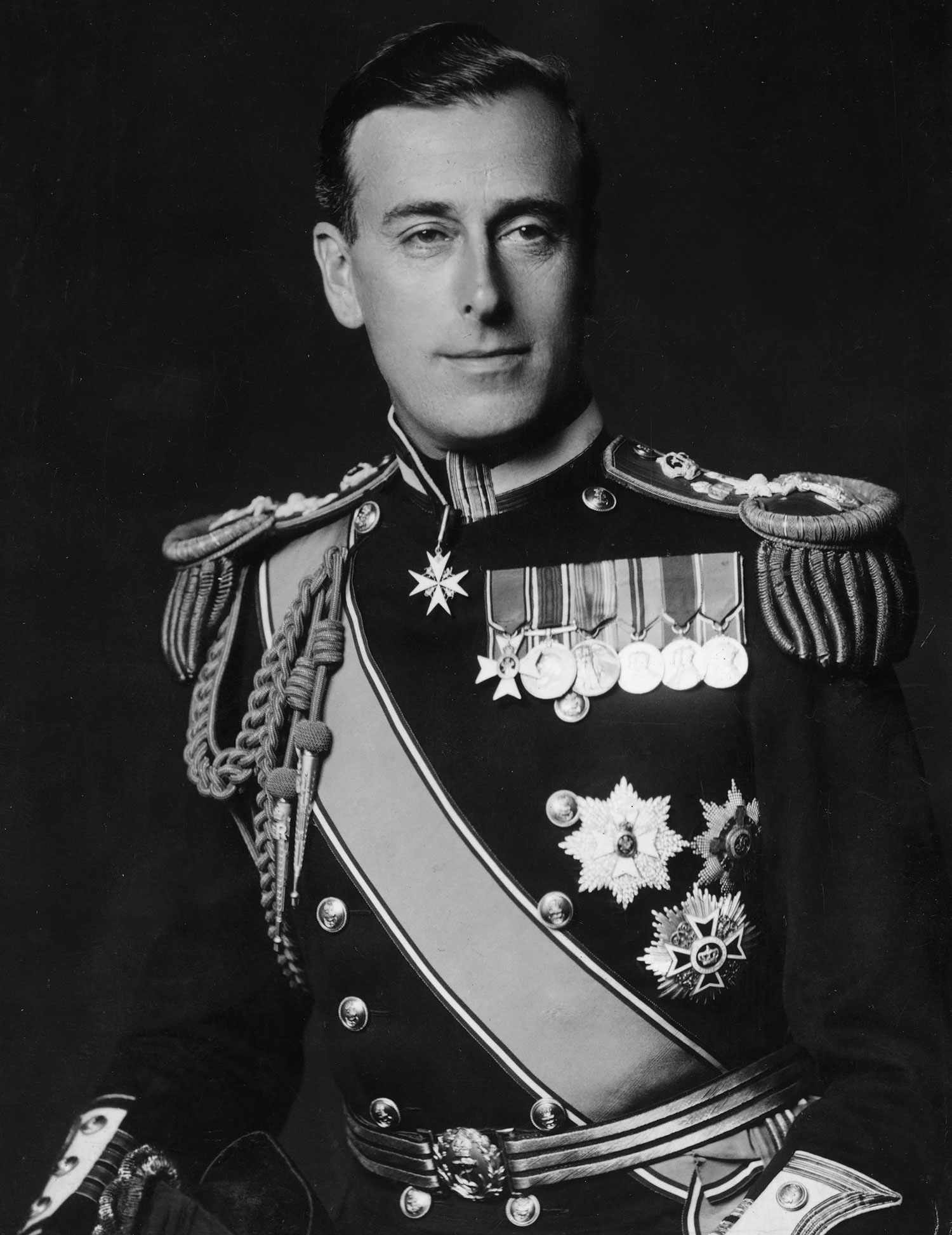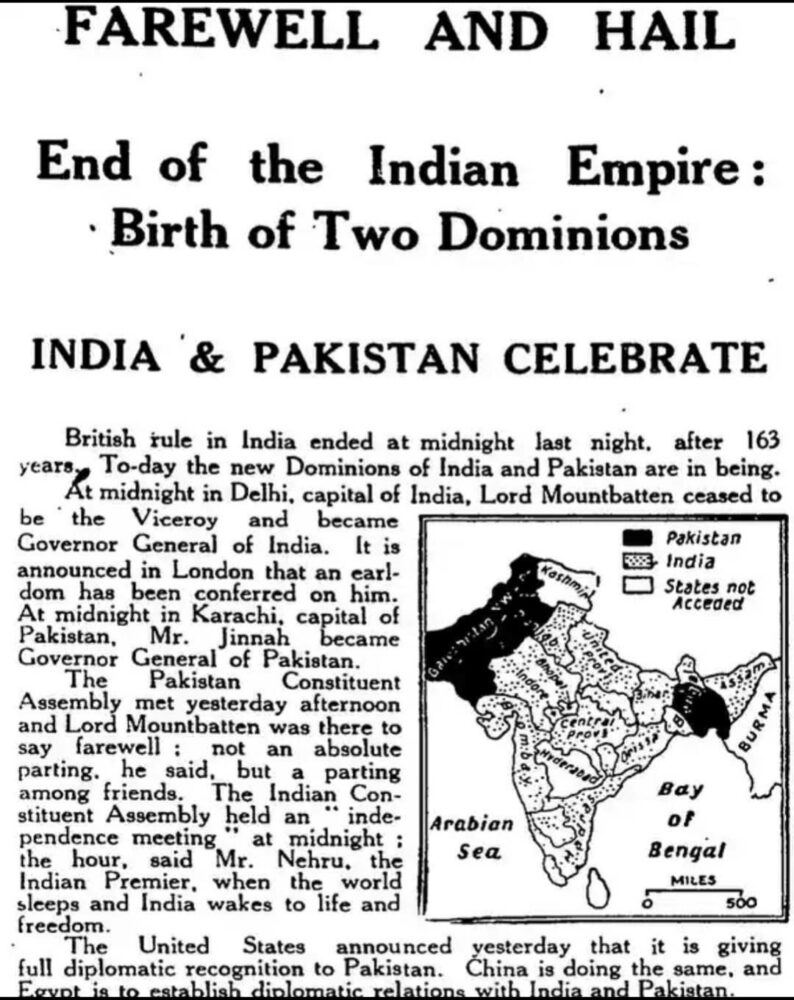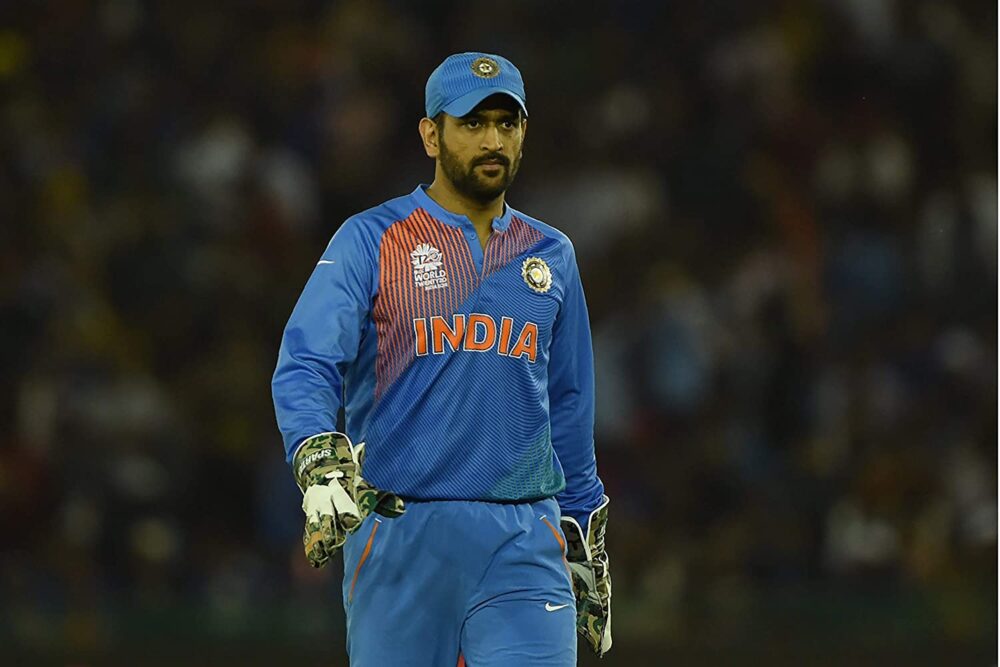Independence day is not just a day to hoist our tricolour high in the sky, it is also a day to pay homage to the sacrifice of thousands of people and their long struggle to break our country free from the shackles of the British Raj.
Every year, August 15 is celebrated as India’s Independence Day- a day when 73 years ago India accomplished freedom from the British Rule accompanying the non-violent resistance and civil disobedience. Since primary classes- we were taught about the uniqueness of our country’s non-violent freedom struggle- the freedom and liberty that we won clutching to our values and traditions.
“Long years ago we made a tryst with destiny, and now the time comes when we shall redeem our pledge, not wholly or in full measure, but very substantially. At the stroke of the midnight hour, when the world sleeps, India will awake to life and freedom. A moment comes, which comes but rarely in history when we step out from the old to the new when an age ends, and when the soul of a nation, long suppressed, finds utterance. It is fitting that at this solemn moment, we take the pledge of dedication to the service of India and her people and to the still larger cause of humanity.”
— Tryst with Destiny speech, Jawaharlal Nehru, 15 August 1947
In 1929, The Congress with Jawaharlal Nehru as its president gave the call for “Poorna Swaraj” or complete independence from colonial rule- and the date that was agreed on was January 26. In fact, Congress resumed celebrating 26 January as Independence Day, till India attained independence and 26 January 1950 was chosen as Republic day.
Lord Mountbatten- the last Viceroy of India- was given a directive by the British Parliament to transfer the power by June 30 1948. If he had dawdled till June there would have been no power left to transfer- as said by C Rajagopalachari’s. He thus advanced the date to August of 1947.

Following Mountbatten’s records, the India Independence Bill was introduced in the House of Commons on July 4, 1947, and was approved within a period of two weeks. It provided the end of British Raj and the establishment of Dominions of India and Pakistan.
In June 1947, Mountbatten was addressing a press conference attended by three thousand journalists. As soon as he finished, a barrage of questions began to burst from all sides.
“Sir,” one of the journalist said, “if all agree there is a most urgent need for speed between and the transfer of power surely you should have a date in mind?”
“And if you’ve chosen the date, what is the date?” the questioner asked as written in Freedom at Midnight.
After a lot of deliberation, Mountbatten declared that the transfer of power will take place on August 15.
Mountbatten later acknowledged, as quoted in Freedom at Midnight, that “The date I chose came out of the blue. I chose it in reply to a question. I was determined to show I was master of the whole event. When they asked had we set a date, I knew it had to be soon. I hadn’t worked it out exactly then — I thought it had to be about August or September and I then went out to the 15th August. Why? Because it was the second anniversary of Japan’s surrender.”
2 years ago, on 15 August 1945, Japan surrendered to the Allies following the bombings at Hiroshima and Nagasaki. Mountbatten recalled the day he was hearing the news with Winston Churchill in the latter’s room. Therefore, this day became vital for the Britishers. The viceroy chose this date to keep him in the limelight.
The bill announced August 15 as Independence day for both Pakistan and India. In his first speech to Pakistan, Jinnah actually said, “August 15 is the birthday of the independent and sovereign state of Pakistan. It marks the fulfilment of the destiny of the Muslim nation which made great sacrifices in the past few years to have its homeland.”
In 1948, Pakistan started commemorating August 14 as its independence day, either due to the transfer of power in Karachi or because it was the 27th of Ramazan, a date considered sacred for Muslims.
The story behind choosing the date is a reflection when one country surrendered- another woke into freedom and liberty. Mountbatten wanted to exhibit his victory over Japan but it is a hushed reminder of how in the end good always win over evil.
[zombify_post]










